
Tel: 020 7620 1818 email: cookandbutler@btconnect.com
The Worshipful Company of Tylers and Bricklayers
www.tylersandbricklayers.co.uk
Court & Livery Luncheon
June 2019, Brewers' Hall, London
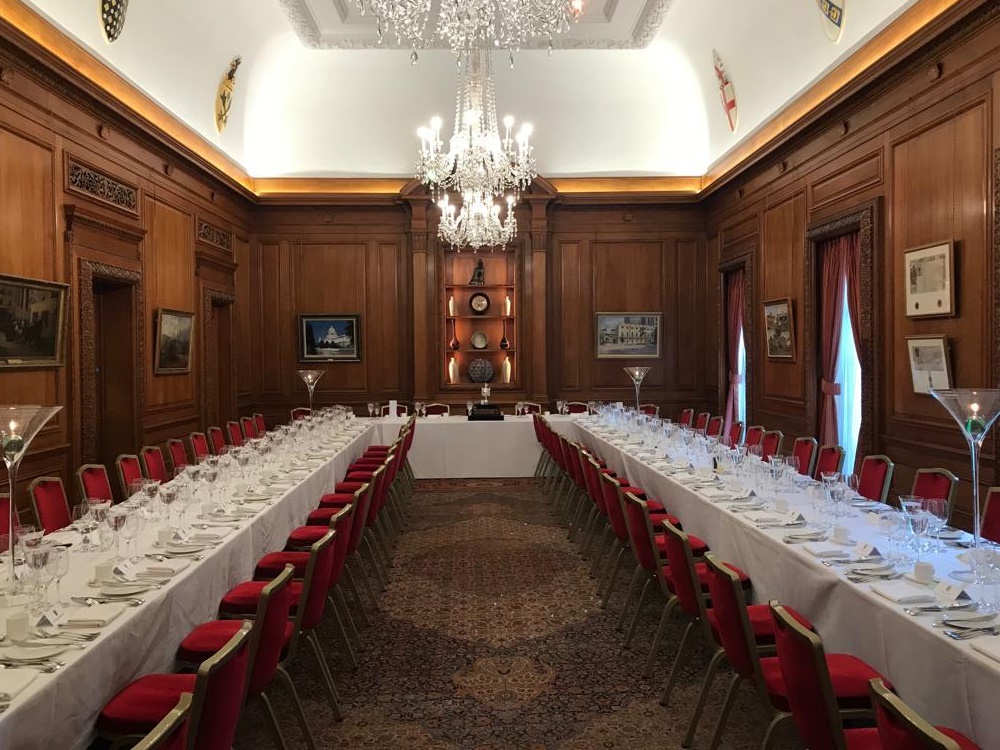
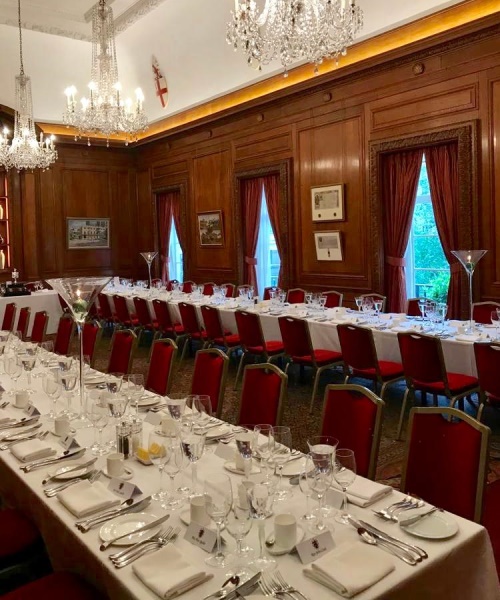
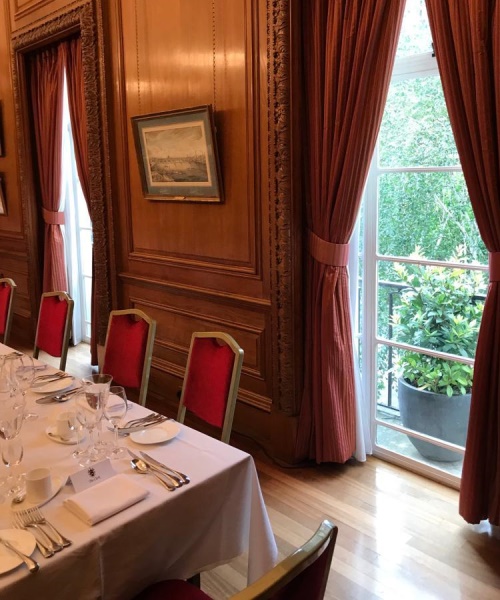
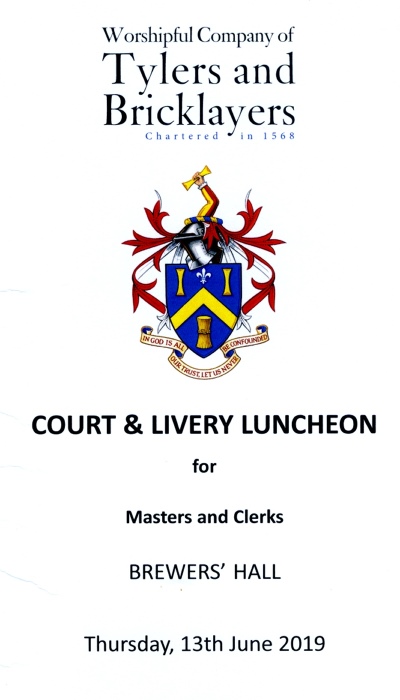
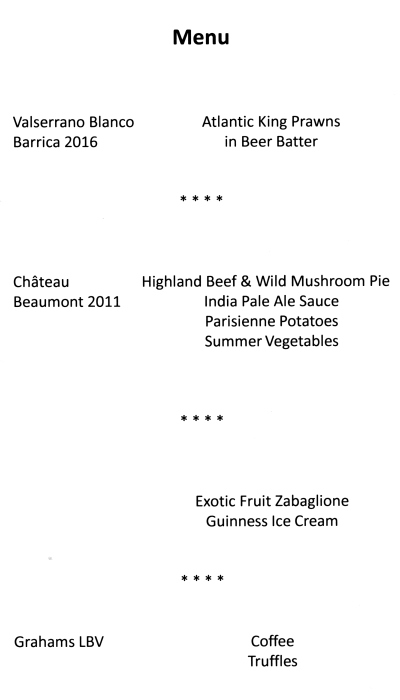

Brewers’ Hall
The Brewers’ were one of the first Guilds to have a Hall of their own. The earliest reference to Brewers’ Hall, which stood on the same site as the present Hall, occurs in the records of the Chapter of St Paul's Cathedral in 1422. The Hall was destroyed in the Great Fire of London in 1666. A second Hall was built on the same site between 1670 and 1673; the costs partly met by pawning the Company’s plate and other treasures; which were never redeemed, the Hall was destroyed by enemy bombing in 1940. The present Hall was designed by Sir Hubert Worthington and completed in 1960.

Court & Livery Luncheon
June 2018, Armourers' Hall, London
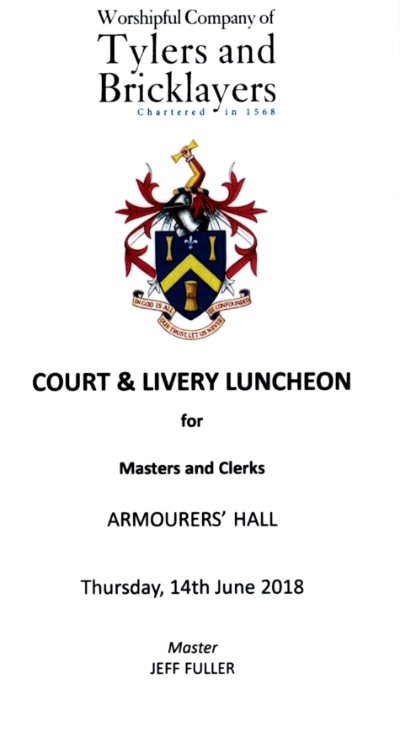
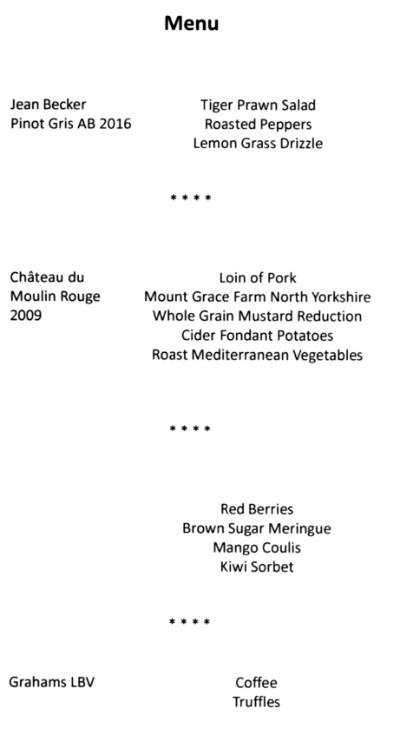

Annual Livery Dinner
May 2016, Carpenters' Hall, London
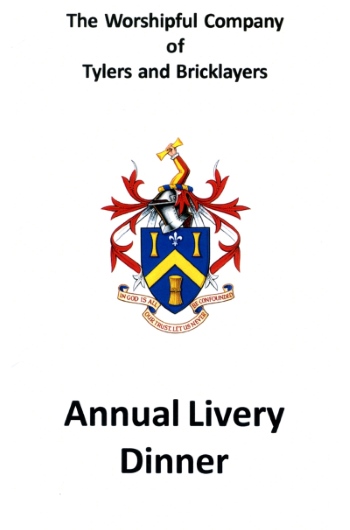
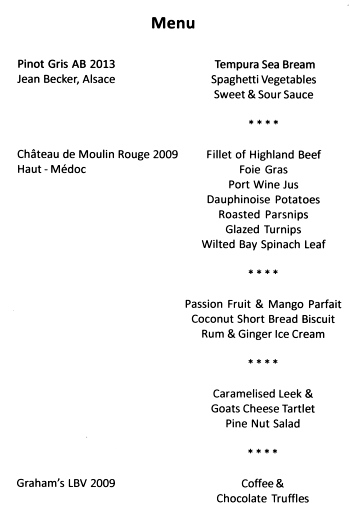

600th Anniversary Concert
April 2016, Milton Court auditorium, City of London
www.tylersandbricklayers.co.uk/...600th-anniversary-concert
www.gsmd.ac.uk/...concert_hall
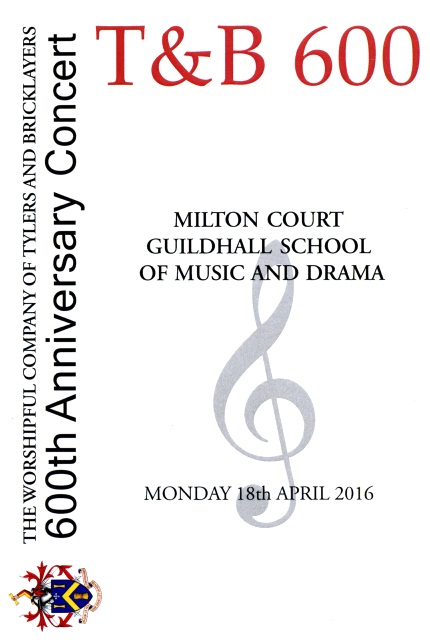
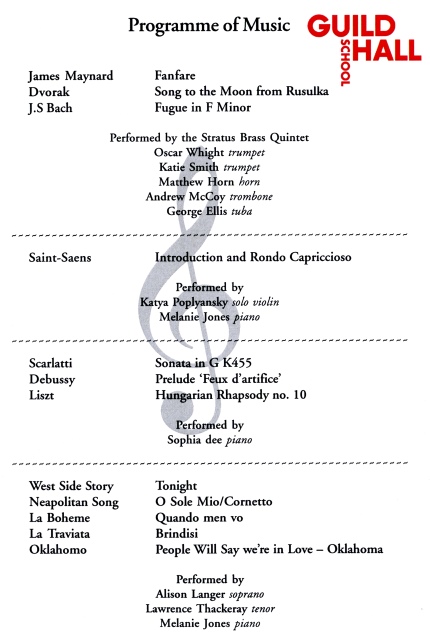
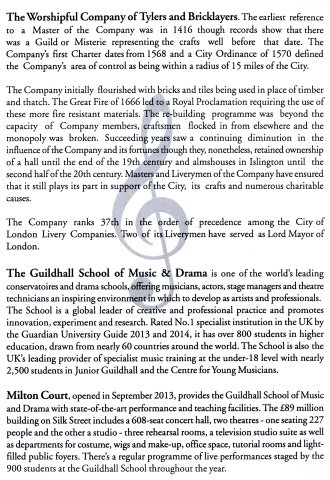
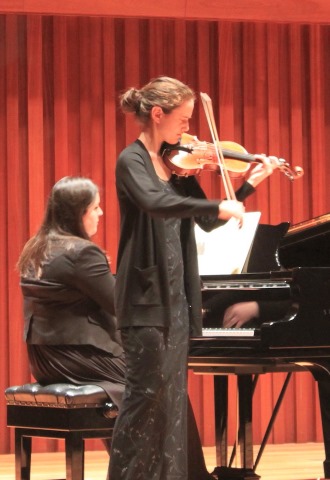

The Worshipful Company of Tylers and Bricklayers.
The earliest reference to a Master of the Company was in
1416 though records show that there was a Guild or Misterie representing the
crafts well before that date. The Company's first Charter dates from 1568
and a City Ordinance of 1570 defined the Company's area of control as being
within a radius of 15 miles of the City.
The Company initially flourished with bricks and tiles being used in place
of timber and thatch. The Great Fire of 1666 led to a Royal Proclamation
requiring the use of these more fire resistant materials. The re-building
programme was beyond the capacity of Company members, craftsmen flocked in
from elsewhere and the monopoly was broken. Succeeding years saw a
continuing diminution in the influence of the Company and its fortunes
though they, nonetheless, retained ownership of a hall until the end of the
19th century and almshouses in Islington until the second half of the 20th
century. Masters and Liverymen of the Company have ensured that it still
plays its part in support of the City, its crafts and numerous charitable
causes. The Company ranks 37th in the order of precedence among the City of
London Livery Companies. Two of its Liverymen have served as Lord Mayor of
London.

Court & Livery Luncheon
March 2015, Trinity House, London
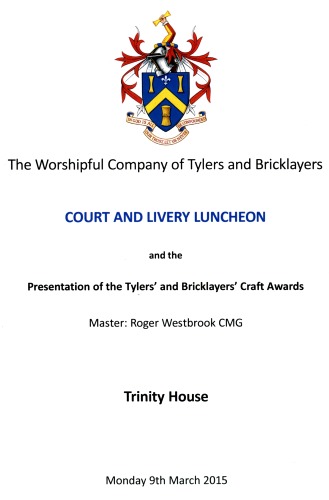
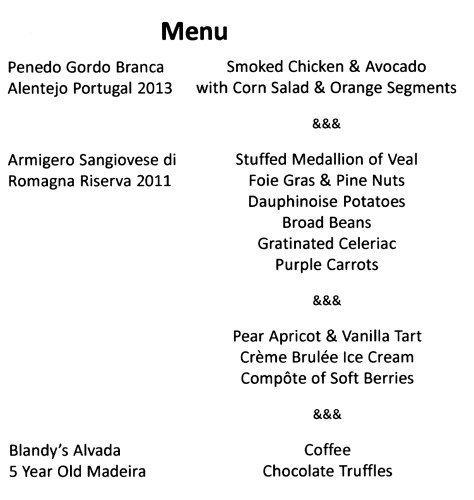

Court & Livery Dinner
February 2015, Armourers' Hall, London
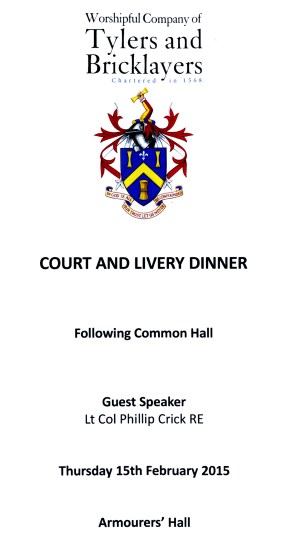
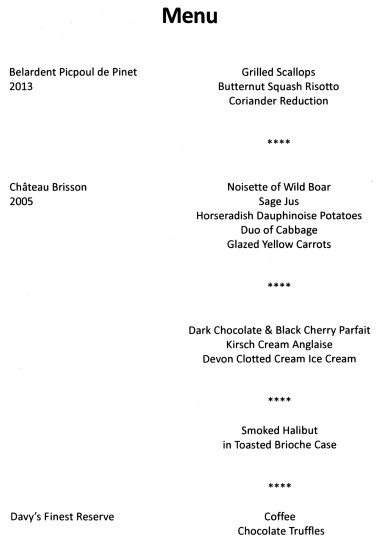

Court & Livery Dinner
Sept 2014, Girdlers' Hall, London
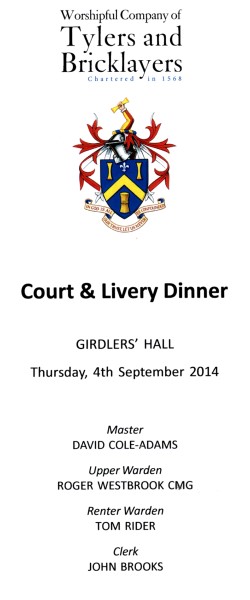
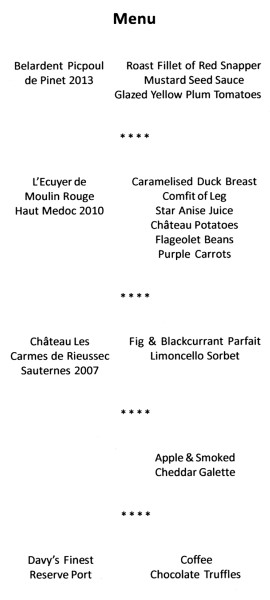

Triennial Awards Presentation Luncheon
July 2014, Carpenters' Hall, London
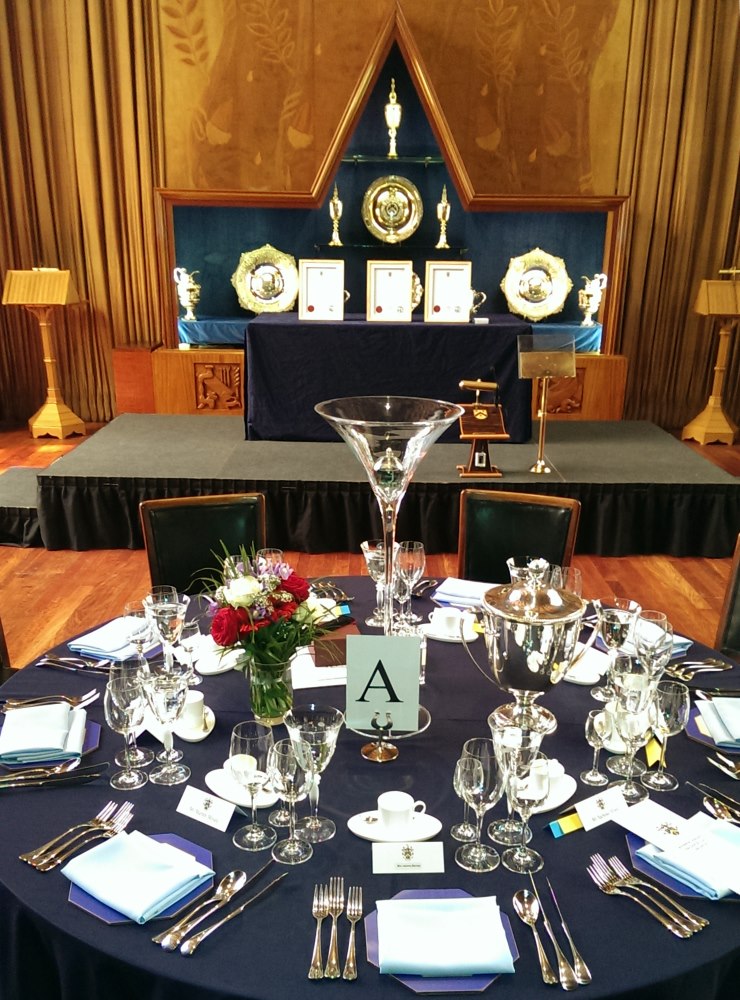
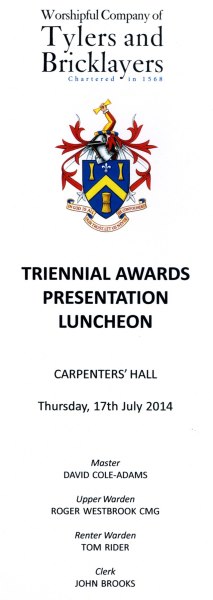
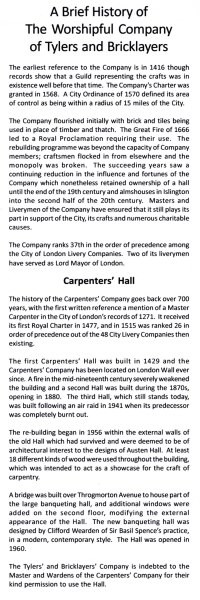
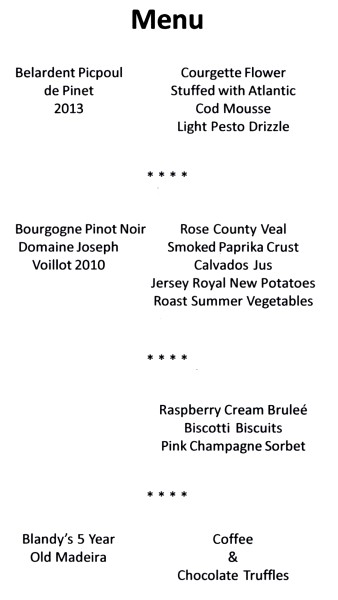

A Brief History of The Worshipful Company of Tylers and Bricklayers
The earliest reference to the Company is in 1416 though
records show that a Guild representing the crafts was in existence well
before that time. The Company's Charter was granted in 1568. A City
Ordinance of 1570 defined its area of control as being within a radius of 15
miles of the City.
The Company flourished initially with brick and tiles being used in place of
timber and thatch. The Great Fire of 1666 led to a Royal Proclamation
requiring their use. The rebuilding programme was beyond the capacity of
Company members; craftsmen flocked in from elsewhere and the monopoly was
broken. The succeeding years saw a continuing reduction in the influence and
fortunes of the Company which nonetheless retained ownership of a hall until
the end of the 19th century and almshouses in Islington into the second half
of the 20th century. Masters and Liverymen of the Company have ensured that
it still plays its part in support of the City, its crafts and numerous
charitable causes.
The Company ranks 37th in the order of precedence among the City of London
Livery Companies. Two of its liverymen have served as Lord Mayor of London.
Carpenters' Hall
The history of the Carpenters' Company goes back over 700
years, with the first written reference a mention of a Master Carpenter in
the City of London's records of 1271. It received its first Royal Charter in
1477, and in 1515 was ranked 26 in order of precedence out of the 48 City
Livery Companies then existing.
The first Carpenters' Hall was built in 1429 and the Carpenters' Company has
been located on London Wall ever since. Afire in the mid-nineteenth century
severely weakened the building and a second Hall was built during the 1870s,
opening in 1880. The third Hall, which still stands today, was built
following an air raid in 1941 when its predecessor was completely burnt out.
The re-building began in 1956 within the external walls of the old Hall
which had survived and were deemed to be of architectural interest to the
designs of Austen Hall. At least 18 different kinds of wood were used
throughout the building, which was intended to act as a showcase for the
craft of carpentry.
A bridge was built over Throgmorton Avenue to house part of the large
banqueting hall, and additional windows were added on the second floor,
modifying the external appearance of the Hall. The new banqueting hall was
designed by Clifford Wearden of Sir Basil Spence's practice, in a modern,
contemporary style. The Hall was opened in 1960.
The Tylers' and Bricklayers' Company is indebted to the Master and Wardens
of the Carpenters' Company for their kind permission to use the Hall.

Installation Luncheon
Oct 2011, Carpenters' Hall, London
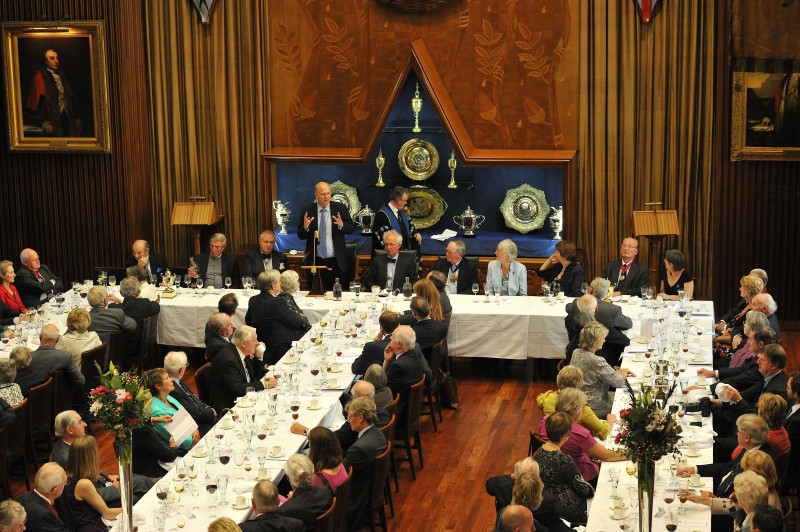

Triennial Awards Presentation Luncheon
July 2011, Carpenters' Hall, London
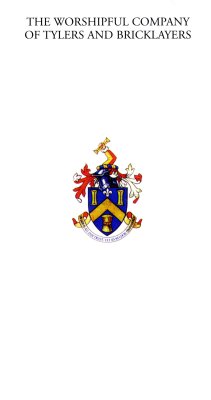
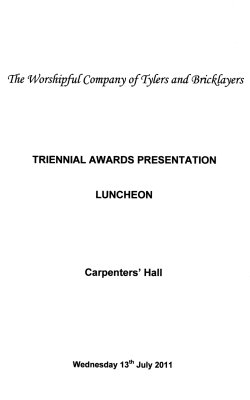
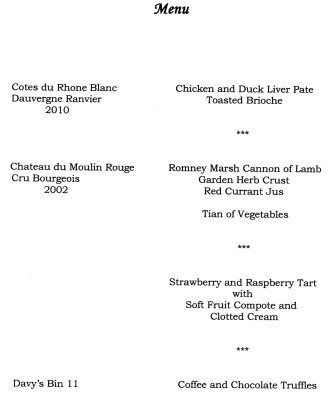
|
The Worshipful Company An Introduction to the Company The Company welcomes expressions
of interest in Membership from men and women who share its
objectives: |
A Brief History The earliest reference to the Company is in 1416
though records show that a Guild representing the crafts was in
existence well before that time. The Company’s Charter was granted
in 1568. A City Ordinance of 1570 defined its area of control as
being within a radius of 15 miles of the City. Fellowship and Social Activities A range of social and educational events are arranged which allow members, their wives and guests the opportunity of dining in some of the City’s finest Livery halls and of visit ing some of its greatest and historic institutions. |
Membership Members of the Company are drawn from a very wide range of backgrounds. Applications are welcomed not only from those with family, craft or professional links with the Company but also from anyone, working in the City or elsewhere, or retired, who wishes to support and uphold the objectives of the Company set out on the cover. Support for the Crafts The Company has always taken a special interest in those training for its crafts. It awards prizes for excellence achieved by students on courses at vocational colleges and in The Corps of Royal Engineers, the Company’s link regiment, and also for success in craft competitions such as Skillbuild. It is actively involved in a scheme leading to the revived qualification of Master Craftsman. Every three years the Company makes awards in each of its crafts to buildings or projects completed in that period. Charitable Activities Historically, the Livery Companies have supported a wide spectrum of charitable causes; the Company has established two trust funds to enable it to play its part in such work. All members are expected to contribute to the Charitable Trust and the Craft Trust which support , among other causes, children’s education and sponsorship of academic and craft prizes. |
![]()
